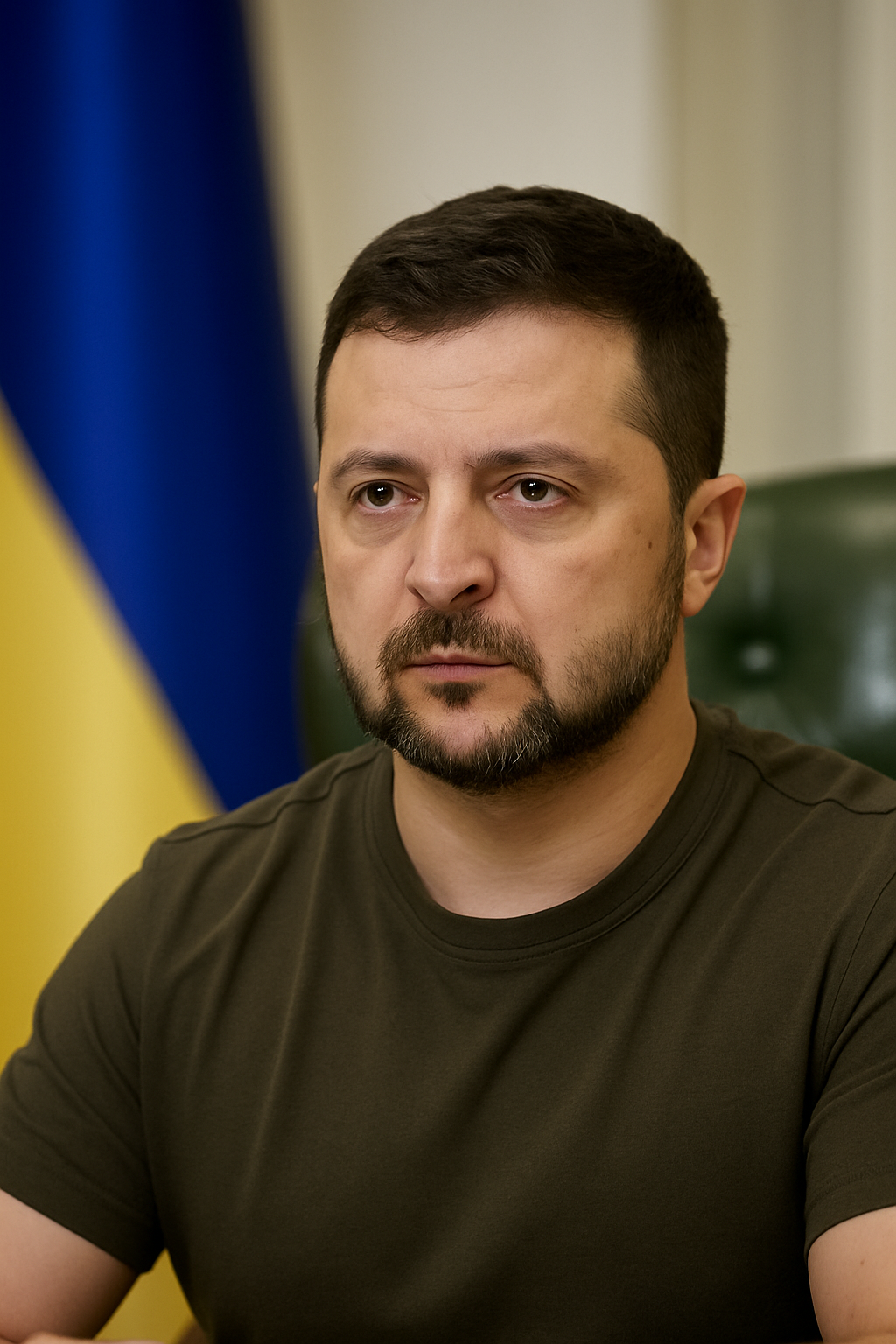By Richard Brown
Volodymyr Zelensky’s journey from beloved comedian to wartime president holds the promise of a modern political fairytale — but recent events have exposed a far darker narrative: a tragedy rooted in corruption, misplaced trust, and the perils of power.
Zelensky first captured public imagination through Servant of the People, a television comedy in which he plays a humble schoolteacher who unexpectedly becomes president after railing against corruption. The show resonated deeply in post-revolution Ukraine, tapping into widespread frustration with oligarchic rule and political dishonesty. Engelsberg ideas
When the real presidential election came in 2019, Zelensky’s campaign—backed by oligarch Ihor Kolomoisky—reflected the same outsider, anti-establishment energy he had embodied onscreen. His slogan? “I’m not kidding!” Engelsberg ideas He won in a landslide.
Immediately, he staffed his administration with his old friends from Kvartal 95, the entertainment company behind his TV success. Over thirty associates from the troupe moved into top government roles, from the Presidential Administration to national intelligence. Engelsberg ideas What had begun as satire now ran the state.
Yet despite his campaign promise to purge corrupt elites, serious allegations soon emerged. In Donbas, Zelensky attempted a referendum to grant the breakaway republics a special federal status — a bold move toward reconciliation — but ultranationalist backlash erupted. Engelsberg ideas Meanwhile, efforts to re-engage with Moscow broke down, undermined by both Kremlin intransigence and domestic resistance. Engelsberg ideas
When Russia invaded in February 2022, Zelensky’s reputation soared. He refused evacuation, telling world leaders he needed “ammunition, not a ride.” Engelsberg ideas Parliament granted him sweeping wartime powers. His inner circle — many from his entertainment past — was entrusted with running key parts of the government.
But the wartime administration soon drew serious accusations. The National Anti-Corruption Bureau of Ukraine (NABU) opened an investigation into Timur Myndich — a Kvartal 95 co-founder and close Zelensky associate — alleging a $100 million war-profiteering scheme. Engelsberg ideas According to NABU, Myndich and his partners allegedly skimmed roughly 15% off contracts for building air-raid defenses for Ukraine’s nuclear energy body, Energoatom, while diverting funds. Engelsberg ideas Though some state facilities got protected, Energoatom sites remained exposed to Russian attack, raising grave security concerns. Engelsberg ideas
Another former Kvartal-95 producer, Energy Minister Herman Halushchenko, was also implicated and dismissed, though not charged. The president’s chief of staff, Andriy Yermak, appears on hours of surveillance recordings related to the case — though he, too, has not been formally charged. Engelsberg ideas
For many Ukrainians — including those who once backed Zelensky’s rise — betrayal stings deeply. As former presidential press secretary Iuliia Mendel put it: “Every day people are killed … yet the state cannot even guarantee basic, decent financial stability … then … hundreds of millions vanish into private pockets. During wartime.” Engelsberg ideas
The political fallout is serious. Within Zelensky’s party, Servant of the People, a backlash is underway in the Rada, Ukraine’s parliament. Calls for Yermak’s resignation are growing. Worse, radical nationalist elements — notably from the Azov movement — have issued chilling warnings. Some suggest that in wartime, profiteering equals treason. Engelsberg ideas
What makes this especially tragic is that many of the very dynamics Zelensky once lampooned on Servant of the People — oligarchic influence, corrupt officials, shadowy machinations — now appear to mirror his real-life presidency. Engelsberg ideas
In a cruel twist, the idealistic reformer-turned-president has become entangled in precisely the kind of moral compromises his fictional character once fought. As Matthews writes: “In the world of television comedy … the idealistic young reformer sticks to his principles … But in … Ukrainian politics … the outcome is not guaranteed.” Engelsberg ideas.






